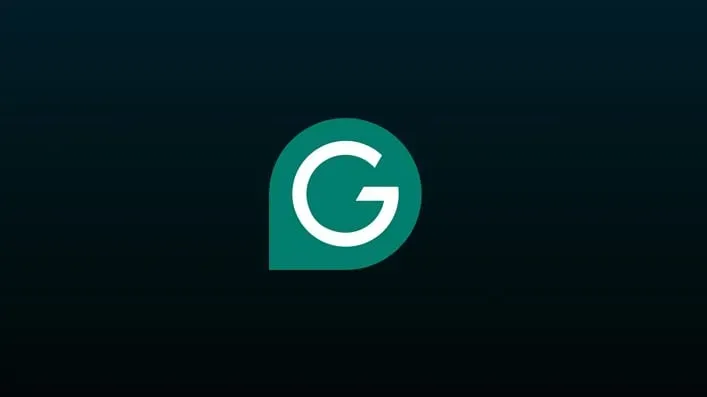Is Grammarly Teaching Us to Write or Just Doing Our Homework for Us?


Grammarly has decided that fixing your typos and saving you from embarrassing “your vs. you’re” mistakes just isn’t enough anymore. Now it’s rolling out Grammarly Docs, which comes packed with eight shiny new AI agents. Think of it like the Avengers, but instead of fighting aliens, they’re fighting your terrible email drafts. These agents can grade your essay before your professor does, predict how your boss will react to your 2 a.m. Slack message, and even find citations so you don’t end up quoting “randomguyblog” website in your college paper. In short, Grammarly wants to go from being your quiet proofreader in the corner to the loud overachiever in class who runs the group project.
I know what you’re thinking: “So my grammar checker just got a glow-up. Big whoop.” But here’s why this matters. Grammarly isn’t just checking commas anymore. It’s moving into the big leagues where it wants to compete with ChatGPT, Microsoft Copilot, and Google’s army of AI tools. This is newsworthy because your once boring spell-checker is now trying to replace half the feedback you get from professors, managers, and maybe even your mom, who still edits your cover letters for fun. This is not just about saving you from run-on sentences. It’s about Grammarly muscling its way into how you write, learn, and communicate every single day.
Grammarly wants to be the go-to writing sidekick for everyone. Students now get an AI Grader that says, “Congrats, this essay screams C+ energy unless you rewrite your thesis.” There’s also a Citation Finder so you can pretend you knew that Harvard Business Review article all along. Professionals get tools that adjust tone so your email doesn’t sound like you’re yelling at the finance team, plus one that predicts if your client will love your pitch or just send you a thumbs-up emoji out of pity. Grammarly is making sure you can’t write so much as a shopping list without wondering if the “Tone Adjuster” thinks you sound too aggressive about the bananas.
If you’re a CEO, this means fewer hours wasted editing reports full of corporate jargon that no one reads anyway. If you’re a manager, your team’s weekly updates might finally make sense. If you’re a regular employee, Grammarly can stop you from sending emails that read like a desperate cry for help. Students, you now have a robot tutor who never cancels office hours. And if you’re just trying to write a resume, Grammarly will make you sound like the type of person who knows what “stakeholder alignment” actually is, even if you’re still figuring out how to align your laundry schedule.
You should be asking yourself if you should trust it. Is this teaching us to become better writers, or is it just spoon-feeding us polished sentences until we all sound like robots? If Grammarly is grading your essay before your professor does, are you learning, or are you just outsourcing your brain? And if everyone in the office uses it, will all company emails end up sounding like they were written by the same overly polite AI that insists on saying “kind regards” at the end of everything?
At the end of the day, Grammarly Docs is less about grammar and more about shaping how humans communicate. The question isn’t “Will my sentences look better?” The question is, “Am I actually writing, or is Grammarly slowly becoming my ghostwriter?” Is it saving you time and stress, or sneaking in as the boss of your words? Share how this might affect you, your coworker who types in all caps, your company, or even your community.
- Matt Masinga
*Disclaimer: The content in this newsletter is for informational purposes only. We do not provide medical, legal, investment, or professional advice. While we do our best to ensure accuracy, some details may evolve over time or be based on third-party sources. Always do your own research and consult professionals before making decisions based on what you read here.




